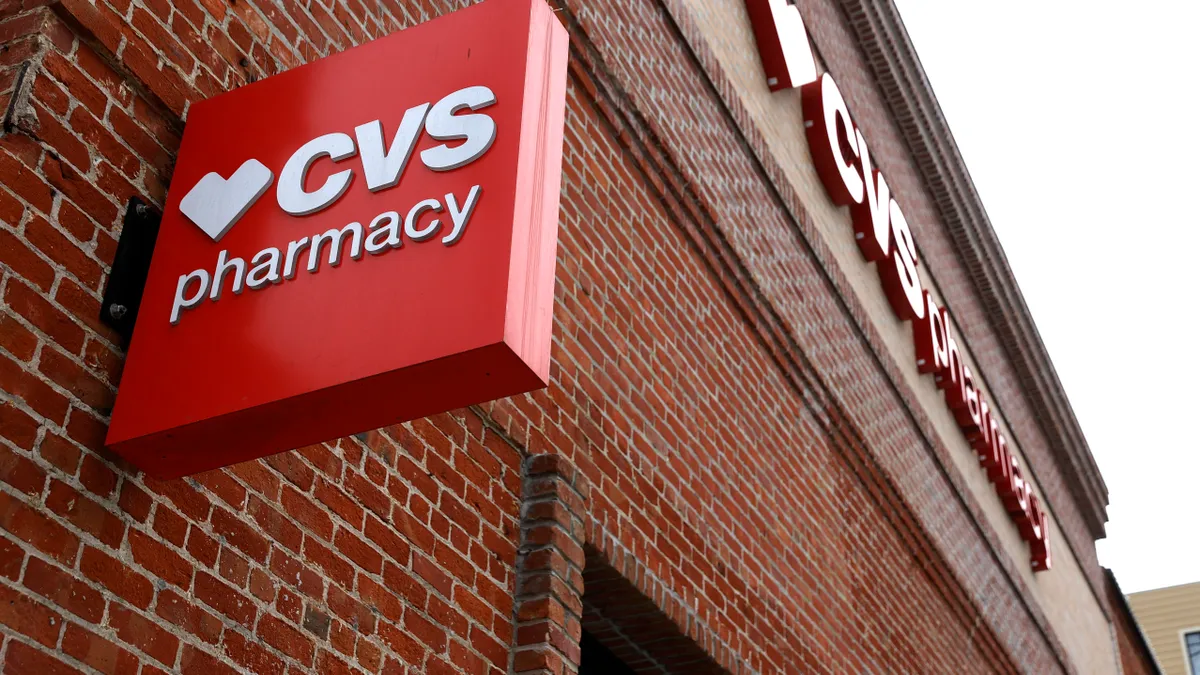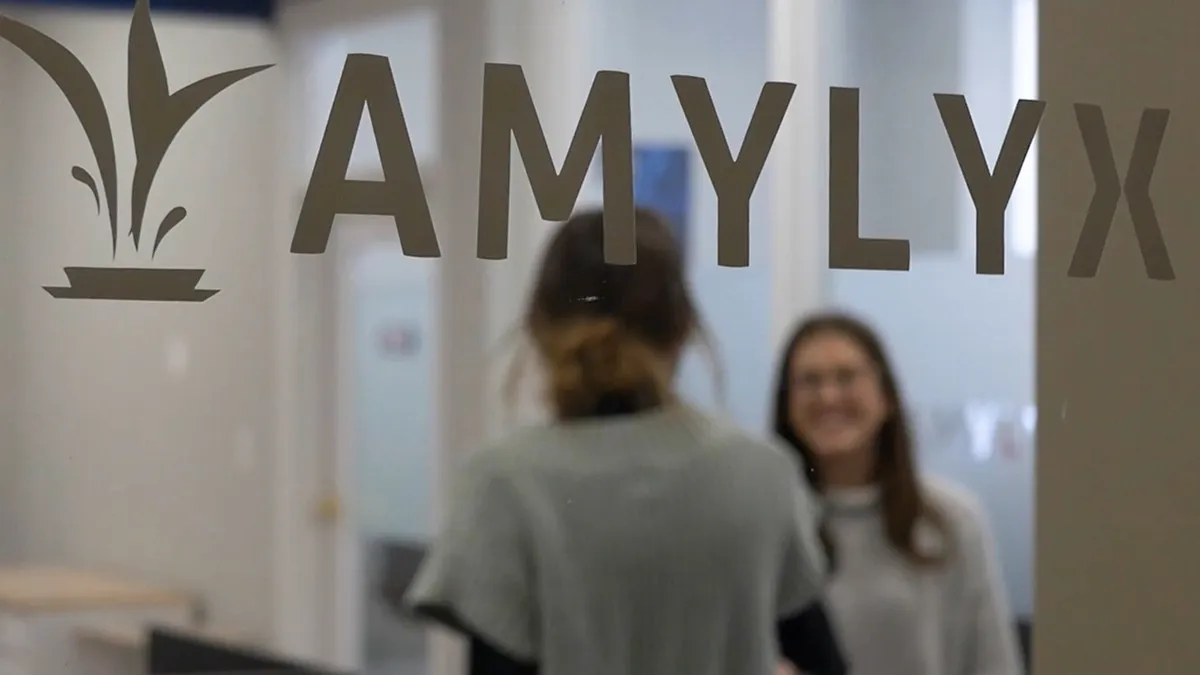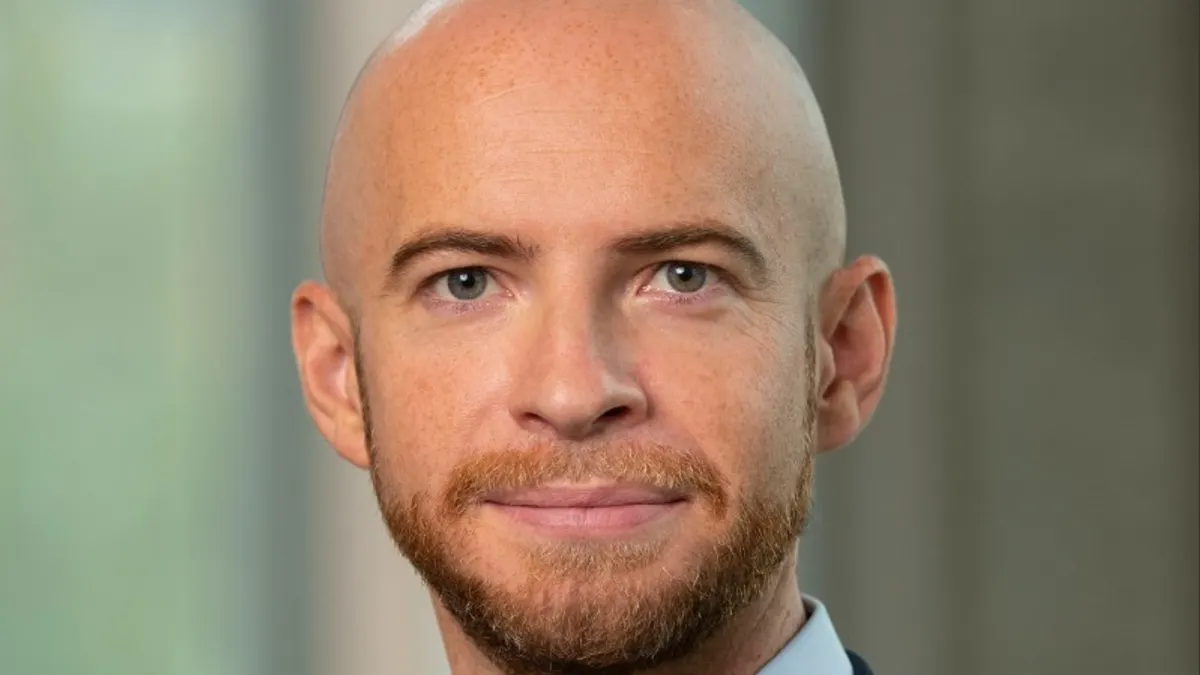Participating in a clinical trial shouldn’t be difficult — and now it may be as easy as stopping by the neighborhood pharmacy with CVS Health’s newest partnership bringing trial recruitment to the retail space.
The ubiquitous pharmacy giant established a clinical trials division last spring and recently announced a partnership with Medable, a decentralized clinical trials software company that will help provide access to research studies in select CVS MinuteClinic locations across the U.S.
Now the test will be whether the initiative moves the needle on the industry’s dismal trial recruitment and retention metrics, as well as whether the staunchly traditional pharma sector will embrace the idea of performing serious science next to the shampoo aisle.
Building on existing strengths
Using retail pharmacies to support clinical research brings several potential advantages, says Sanskriti Thakur, chief growth officer for Medable. Currently, less than 4% of people in the U.S. participate in research and about 80% of trials fail to meet recruitment targets. CVS will be able to draw on its own deep well of research candidates to boost recruitment.
And because CVS caters to diverse communities across the country, its pharmacy locations can provide access to a broader population than traditional recruitment efforts, contributing to better representation of people with minority backgrounds in clinical trials.
“Making sure that the people involved in clinical development are diverse and representative is a massive research and strategic priority for CVS and Medable,” Thakur says. “What's the point of spending $2.6 billion dollars on a product that's only going to work for a small segment of people because it’s only been tested on a small segment of people?”
Medable’s clinical trial platform will incorporate data on more than 100 million CVS patients, allowing for quick identification of potential trial candidates, and accelerating the screening and enrollment process. The platform includes tools to help improve patient follow-up and streamlines trial design and data collection.
CVS isn’t the only major pharmacy chain looking to disrupt clinical trials. Walgreens offers an online service that pre-screens willing participants for clinical trials, and has been exploring other ways it can build out its in-store offerings to help connect a more diverse group of patients with drug research.
Like Walgreens, CVS also has the advantage of brand recognition and ubiquity. With locations across the U.S., many Americans are already acquainted with the pharmacy and the pharmacist behind their local counter, Thakur says.
“Eighty-five percent of the population lives within 10 miles of a CVS,” she says. In contrast, most people live an average of 50 miles away from a traditional clinical research site.
“Someone might have to travel hundreds of miles to a hospital or another type of location and that prevents many people from being involved in the development of science,” Thakur says.
Involving local pharmacists in research can also instill confidence in potential patients.
“Part of how we support people, how we support access, is to make sure that we engage where there is trust,” Thakur says. “It is fairly well known that a pharmacist … is a very trusted entity.”
Having community-based support for trial participants may also help improve retention. Currently, about 30% of participants drop out of trials, and some of these dropouts are related to the hassle and inconvenience of participating in research. Others occur because the process is complicated — even the informed consent can be hundreds of pages long, Thakur says. Simplifying the process using technology and providing local support can help keep people engaged, she says.
Expanding access
Strategic considerations such as population, therapeutic area needs and demographics are driving CVS’s expansion into clinical trials, says Tony Clapsis, senior vice president of CVS Health Clinical Trials Services. The Trial Ready HealthHUBs network now has open sites in 10 states and the ability to run trials across multiple therapeutic areas, he says.
“We are building on our history and experience working with many of the top 20 pharmaceutical companies on clinical research and real-world evidence,” Clapsis says, noting that the program has enrolled more than 15,000 clinical trial participants since launch. “Our ongoing work across pharma, biotech and government is aimed at driving awareness, access and delivery of clinical trials across an expanding list of therapeutic areas, including cardiovascular, respiratory, neurology and vaccines.”
The company’s in-home clinical research arm, which has supported over 200 trials over the last 10 years, is also continuing to grow in multiple therapeutic areas including oncology and neurology, he adds.
What will ultimately determine the initiative’s success is how well CVS and Medable are able to build ties with consumers, Thakur says.
“It's going to be about how we make this experience a consumer experience,” she says. It's not just about running the trial, it's also about making the patient feel included and involved.
“That is a critical hurdle for us to adapt to,” Thakur says.
Although Medable puts a lot of focus on the patient experience, Thakur says it remains to be seen how that will translate into a retail pharmacy setting.
“I think it's critical to note that it's never one individual, or it's not just CVS and Medable that will make this successful,” Thakur says. “It will be how we partner with the pharmaceutical leaders, how we partner with patients and patient advocacy groups and communities, especially.”
Success may also depend on how willing traditional pharmaceutical companies are to embrace change, she says. Clinical trials have been run in academic medical centers for hundreds of years.
“Getting [pharmaceutical leaders] to get comfortable with bringing this competency into the community is a critical challenge,” Thakur says, noting that the goal is not to replace the traditional clinical trials setting.
“The hospital will always be relevant to science and the development of science — we have just provided more options for patients involved,” she says.
In the future, Medable may bring clinical trials to other sites beyond the retail pharmacy. There are opportunities, Thakur says, to support science and clinical development in many more community locations with the ultimate goal of providing more options to patients.
“Science is part of our daily life,” Thakur says. “The best science will come from the trust of the community and community being part of that development — and pharmacy is just the first step.”















